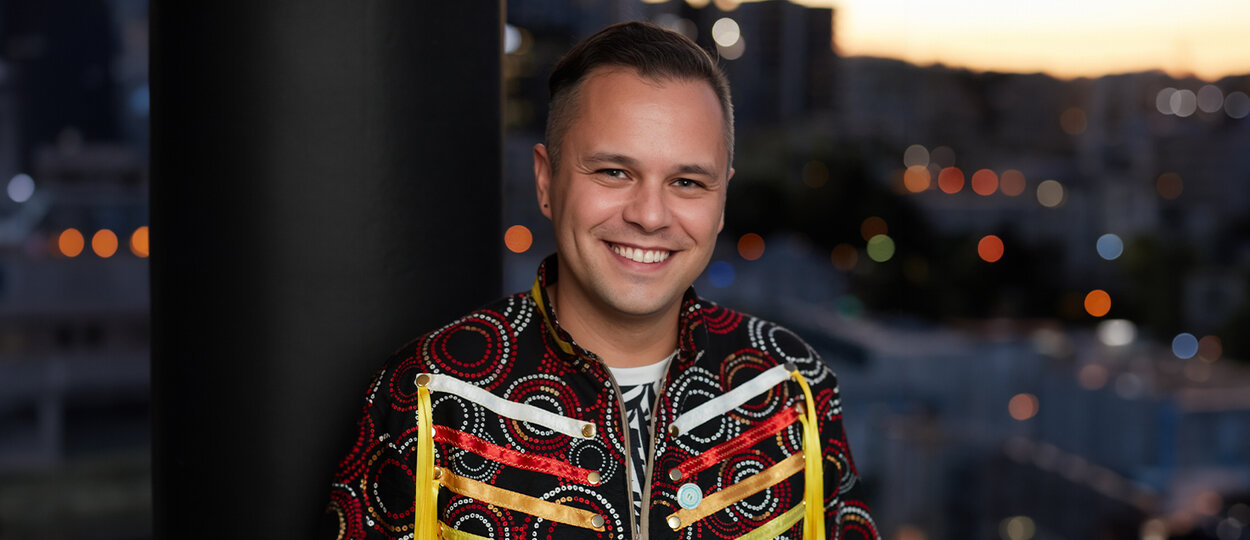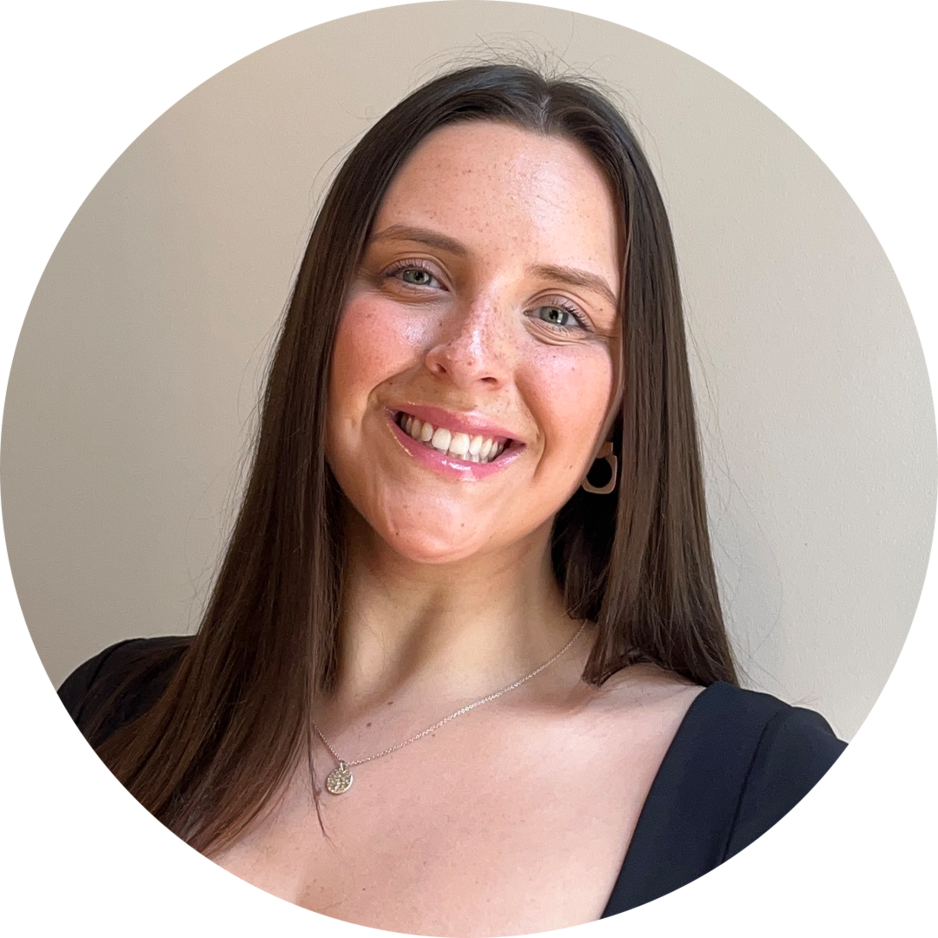Jaris Swidrovich leads work to develop education and mentorship opportunities
Two projects designed to enhance Indigenous representation and knowledge among pharmacists have received a total of $65,000 from the Postsecondary Education Fund for Aboriginal Learners (PEFAL), a provincial program that supports services and programs that improve access to postsecondary education and training for Indigenous learners.
Jaris Swidrovich, assistant professor – teaching stream and Indigenous Engagement Lead at U of T’s Leslie Dan Faculty of Pharmacy, is leading the two projects.
In one project, Swidrovich is leading the development of a Certificate in Indigenous Health that will be part of the PharmD program. Currently, the PharmD program offers two certificate options: a Certificate in Global Health and a Certificate in Management, Leadership and Entrepreneurship. This project will develop Indigenous Knowledge resources to be used in the PharmD curriculum and coordinate new experiential learning opportunities related to Indigenous Health. The certificate aims to provide important education to all pharmacy students but will also help recruit and retain Indigenous students by offering a greater sense of safety and belonging in the pharmacy community.
In the second project, Swidrovich aims to build on the success of the PharmPath program, which helps high school students from underrepresented communities in the Greater Toronto Area learn more about career opportunities in pharmacy. The expanded program will focus on Indigenous communities and highlight Indigenous experiences in pharmacy practice through the program’s simulations. Importantly, it will develop more Indigenous mentorship programs. The program aims to increase awareness of pharmacy professions among Indigenous students and ultimately increase their representation in pharmacy education.
“I strongly believe this work will not only contribute to safer physical and intellectual spaces for Indigenous pharmacy students but will also positively impact all students who earn a Certificate in Indigenous Health and, of course, all the patients they will eventually work with.”
“These two projects are truly a direct response to the findings of my PhD in education, which looked at Indigenous Peoples’ experiences with pharmacy education in Canada,” says Swidrovich. “I strongly believe this work will not only contribute to safer physical and intellectual spaces for Indigenous pharmacy students but will also positively impact all students who earn a Certificate in Indigenous Health and, of course, all the patients they will eventually work with.”
Two PharmD students – Cloé Lafleur and Soleil Letourneau – are working with Swidrovich on the projects. We spoke with them about how they became involved and what excites them about the work.
Cloé Lafleur
“This is a wonderful opportunity to participate in a project that is at the intersection of so many things I am passionate about: pharmacy, education, and Indigenous Health. Indigenous representation is sparse in the world of pharmacy, and often because of stigma, many choose to keep their Indigeneity to themselves.
This Certificate in Indigenous Health would allow incoming Indigenous students to reconcile Western medicine practices with Traditional teachings. Furthermore, it would offer a safe space for non-Indigenous students to increase their knowledge about traditional Indigenous practices, with the goal of improving the experiences of Indigenous patients navigating the Canadian healthcare system.
I look forward to furthering my knowledge of traditional practices by working collaboratively with other Indigenous Peoples, Elders and Knowledge Keepers. Integrating more Indigenous teachings in the curriculum and this new Certificate in Indigenous Health are important steps in supporting future pharmacy graduates to provide appropriate, equitable care to their Indigenous patients.”
Soleil Letourneau
“I have been really inspired by Jaris’s efforts to create the Indigenous Pharmacy Professionals of Canada (IPPC). As an Indigenous pharmacy student, I feel a personal connection to the projects. Increasing Indigenous Knowledges in educational settings is an essential step toward improving the health care experiences of Indigenous Peoples. Seeing people like Jaris lead projects like this and the IPPC is proof to me that every single person’s efforts can make a difference, and I really want to be involved in that.
I am really excited for future students to have opportunities like this certificate available to them. Through this project, I want to learn more about the current problems and limitations in Indigenous health care and how they affect people. I also want to learn how I can be better equipped to provide healthcare to people of all different backgrounds. I hope to continue to be involved in the mentorship program either as a pharmacy student or in the future as a pharmacist. I want Indigenous Peoples to know that there is a place for them in the field of pharmacy, both as health care professionals and as patients. I hope that these projects will contribute to that.”
More News
Image

Dean Lisa Dolovich reappointed for second term
Professor Lisa Dolovich has been reappointed for a second term as Dean of the Leslie Dan Faculty of Pharmacy, University of Toronto, effective July 1, 2025, to December 30, 2030.
Read More
Image

Pharmacy Summer Camp gives high school students insight into pharmacy profession
A new summer camp based at the faculty will give high school students a range of experiences in pharmacy and pharmaceutical sciences.
Read More
Image

Team GloveLift wins 2025 Business Plan Competition with innovative medical device
PharmD students win $5,000 prize for their innovative medical device concept aimed at improving patient care.
Read More


